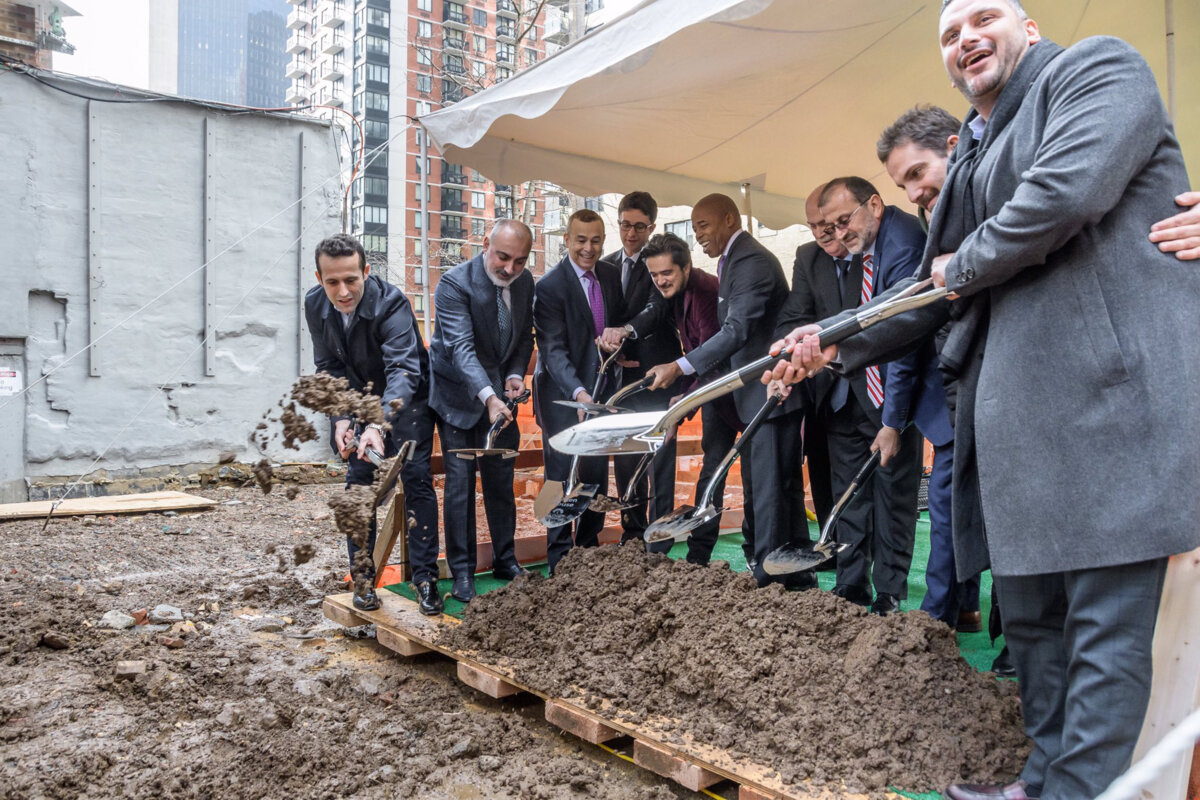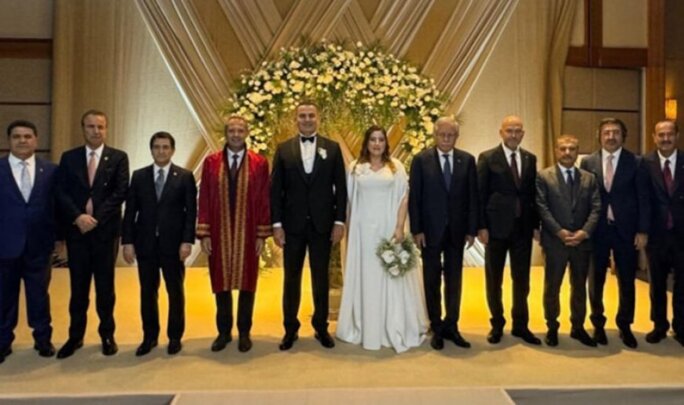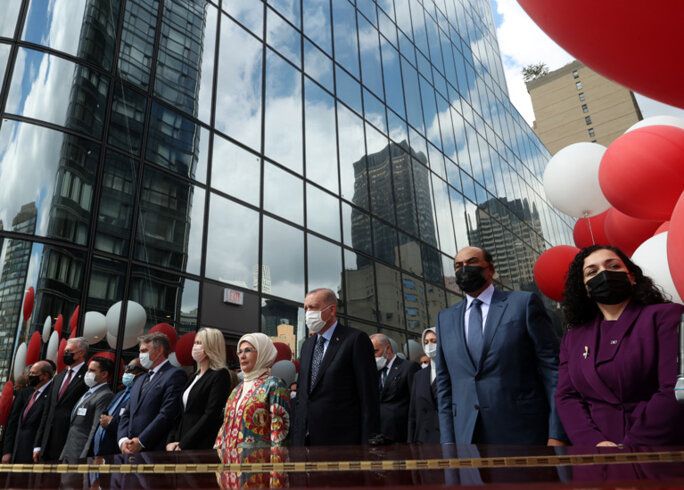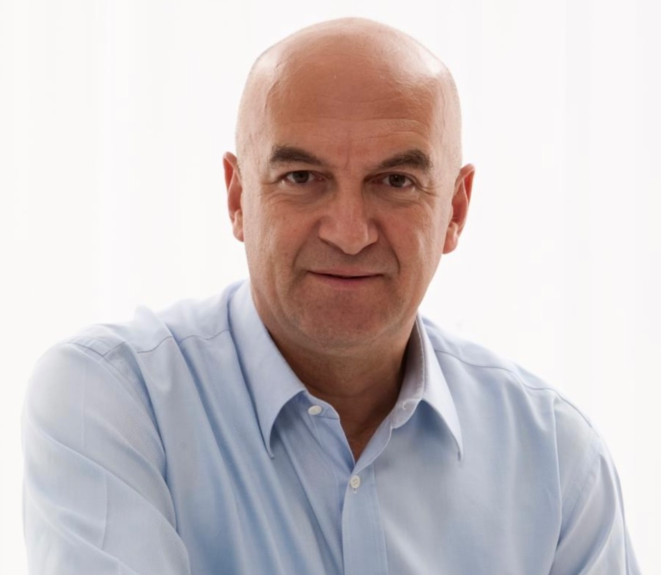When corruption becomes norm in the domestic policy of a country, the next step could very well to export it as an asset. As it seems, here we are, as exemplified in a powerful indictment shattering New York City (and the U.S.A.), placing Turkish government officials and some shady Turkish businesspeople on the front bench as the alleged corruptors.
On Thursday, September 26, the mayor of New York, Eric Adams, was charged with bribery and seeking illegal campaign donations, becoming the first sitting mayor of New York City to be charged with a crime, to which he pleaded not guilty.
The 57-page indictment reads like a chronology of how successful a corruption scheme can be exported to foreign soil. The text offers a case study on how Turkey, which most recently managed to be placed out of the OECD’s so-called “Gray List,” depicting governments involved in systematic money laundering and bribery, transfers its polluted political culture beyond its borders.
Let us read the summary of the indictment, according to the Washington Post:
“(The indictment) unsealed in Manhattan federal court alleged that Adams 'sought and accepted improper valuable benefits such as luxury international travel including from wealthy foreign businesspeople and at least one Turkish government official seeking to gain influence over him.'"
Prosecutors said those corrupt relationships began before Adams became mayor and continued afterward; his rise in big-city politics was fueled in part by a criminal scheme to take expensive gifts of travel and hotel stays, as well as illegal campaign money. According to the indictment, after becoming mayor, Adams accepted requests from people who had illegally supported him and rebuffed “those who fell short.”
“By September 2021, federal prosecutors say the unnamed Turkish official told Adams that it was ‘his turn’ to repay the official by pressuring the city fire department to speed up the opening of a new Turkish consular building (called ‘Türkevi’) in time for a visit by Turkey’s president, even though the 36-story skyscraper would have failed a fire inspection.” (“Türkevi” is a huge tower containing the Consulate General, the Turkish UN representation, and the office of the self-declared statelet Northern Cyprus).
“In exchange for free travel and other travel-related bribes in 2021 and 2022 arranged by the Turkish official, Adams did as instructed… Because of Adams’s pressure, the FDNY (Fire Dept of New York) official responsible for the FDNY’s assessment of the skyscraper’s fire safety was told that he would lose his job if he failed to acquiesce, and after Adams intervened, the skyscraper opened as requested by the Turkish Official.”
But the fire department was balking. So Turkey’s Consul General in New York — known as “the Turkish Official” in the indictment — asked Adams directly and through a staffer to intervene.
He was firm. Turkey had “helped Adams,” the official told an Adams staffer. Now it was “his turn” to help Turkey. Adams’s response was, according to the indictment: “I know.”
The mayor contacted the fire commissioner repeatedly. But a lower-level employee insisted that the “building is not safe to occupy.”
In a follow-up, the Chief of Department informed the Fire Prevention Chief that if the FDNY did not assist the Turkish Consulate in obtaining a TCO (temporary certificate of occupancy), both the Chief of Department and the Fire Prevention Chief would lose their jobs.
According to the indictment, the request arrived in September 2021 after Adams had won the Democratic mayoral primary and was on the verge of becoming mayor. The Turkish Consulate in New York City was desperate to obtain city approval to open a swank new diplomatic building in time for a visit by Turkish President Recep Tayyip Erdoğan. The certificate was issued.
“You are a true friend of Turkey,” the consul general wrote Adams, complete with a thank-you-hands emoji.
In another part, the prosecutors noted, that Adams had received another “request” from a Turkish official that he “not commemorate officially the Armenian Genocide on April 24 (Genocide Day).” He did as he was told; staying silent.

Agrandissement : Illustration 1

In summary, there are five major charges against Adams. Two of them stand out as direct involvement of Turkish officials and “influencers”:
First, that “he illegally accepted travel and gifts through the Turkish government, solicited the illegal foreign contributions into his campaign from Turkish businessmen, and improperly influenced the approval of the Turkish Consulate in New York City." Secondly, that “he solicited free and heavily discounted foreign luxury travel in exchange for helping to obtain approval by Fire Department officials of a new Turkish Consulate.”
The indictment says that the “Turkish Official” arranged for Adams to receive large donations and arranged for Adams and his inner circle to travel for free or at a powerful discount on Turkish Airlines (THY) to Turkey, France, China, Sri Lanka, India, and Hungary.
Apart from the “Turkish official”, there are, according to Deutsche Welle Turkish (which is banned access in Turkey), several Turkish actors mentioned in the indictment: the Proprietor of a private Bahçeşehir University in Istanbul; Demet Sabancı, the owner of St. Regis Hotel; and at least three Turkish constructors based in New York.
When the indictment landed like a bombshell, Turkish President Erdoğan was in New York attending with a large delegation the opening of the U.N. So was Özgür Özel, newly elected chairman of Turkey’s centrist main opposition party, the CHP, for a meeting arranged by the Socialist International.
In an abrupt move, Erdoğan cut short his visit on Thursday and returned home, his officials citing no reason for the decision.
It was Özel, the Turkish opposition leader, who at the gates delivered a surprise statement, trying his best to water down the allegations.
“Turkey is not a state that delivers bribes,” he said. When his defense of the ruling AKP caused a massive reaction at home, especially on social media, he modified his comments the day after, saying that “those who commit crimes should be punished.”
But the damage was already done. Experienced observers strongly disagreed with the official defiance of what the indictment says. According to Cahit Akbulut, Turkish businesspeople “easily forget that they live in the U.S.A. and do everything as if they still live in Turkey.”
In an interview by Voice of America Turkish (also banned access in Turkey), he said: “They intend to gain benefits. Some Turkish businesspeople do not give up these habits. The legitimization of bribery in Turkey and the reflection of political corruption here is also evident in the Eric Adams case.”
“If these things were done within the rule of law in Turkey, no one would have dared to establish such relations with a mayor here. They get this courage from the wrongdoings in Turkey; they take strength from the fact that bribery goes unpunished there and act with the understanding that 'it happens in Turkey, why not here?’”

Agrandissement : Illustration 2

Now we can raise the curtain to Part 2 of the long read.
What Akbulut the lawyer meant -- about culture of corruption -- was exemplified by a remarkable recent event in Turkey, which prompted Turkey’s Economy Minister, Mehmet Şimşek, to act when he, together with Erdoğan, returned to Turkey from New York.
It was a colleague, Timur Soykan, who revealed that at a wedding ceremony arranged on September 19, by Mustafa Aydın, the deputy chairman of Turkey’s Banking Regulation and Supervision Agency (BDDK), who had invited and accepted gifts from top-level banking officials. BDDK is — at least on paper — an autonomous regulatory body responsible for supervising the banking sector in Turkey.
Soykan, who managed to enter the wedding ceremony, wrote that the bank executives lined up to present gifts at the wedding. He reported that before the wedding, the executives had held meetings to decide on the gifts, with some discussing how much to give to avoid being outdone by rival companies.
“Deciding on the amount to gift was difficult. It is rumored that some even gathered information on rival firms' contributions to avoid being left behind. Bank CEOs set budgets between 150,000 and 350,000 Turkish lira (4,000 to 13,000 dollars) for the gifts."
“When I entered the hotel and took the elevator down to the Bosphorus Ballroom, nearly 100 wreaths covered the large hall from the exit of the elevators,” he wrote. “Almost all banks, factoring companies, payment institutions, and asset management companies had sent wreaths. These wreaths surrounded the hall at the entrance of the Bosphorus Ballroom.”
Soykan also remarked that in the past, BDDK officials kept a significant distance from the companies they regulated. “Financial institutions felt they had no choice but to attend the wedding of the official who regulated them on behalf of the state. Deciding on the amount to gift was difficult. It is rumored that some even gathered information on rival firms' contributions to avoid being left behind. Bank CEOs set budgets between 150,000 and 350,000 Turkish lira (4,000 to 13,000 dollars) for the gifts,” he added.
“Bank managers, owners, and executives of financial companies congratulated the bride and groom and left their jewelry in boxes marked 'N and M' and in bags opened on both sides. I noted that some of the guests were holding large envelopes. As I recorded these moments, I was amazed that this scandal was so public.”
This powerful reporting was nearly ignored Turkey. No major media outlet picked it up (due to media capture and self-censorship), and it remained as a news item only for a limited amount of outcry on social media.
There is almost nobody who believes that Minister Şimşek can do anything about this case because, as an economist told me, “the rot has spread from head to toe.”
As I mentioned in the beginning of this long read: When corruption turns into a norm, is met with apathy at home, and infects the opposition, it becomes ripe as a valuable cultural asset to export.
All we have to do now is wait and see whether or not the federal prosecutors in Manhattan can succesfull prove their case and, if so, how vast the consequences will be.

Agrandissement : Illustration 3




